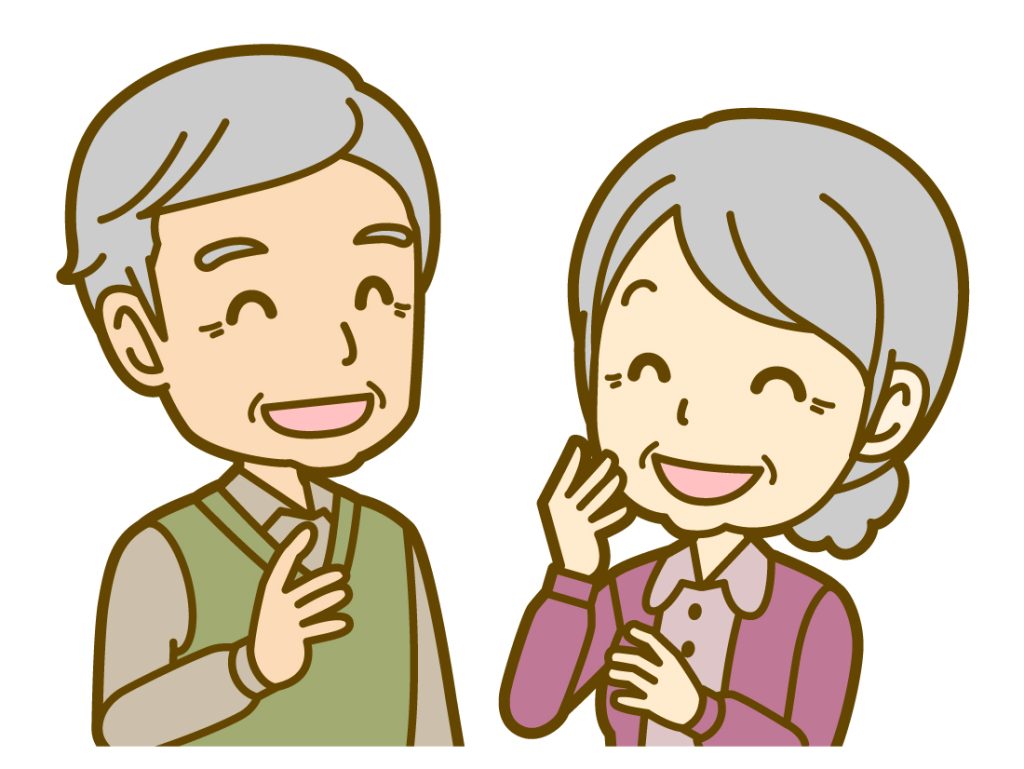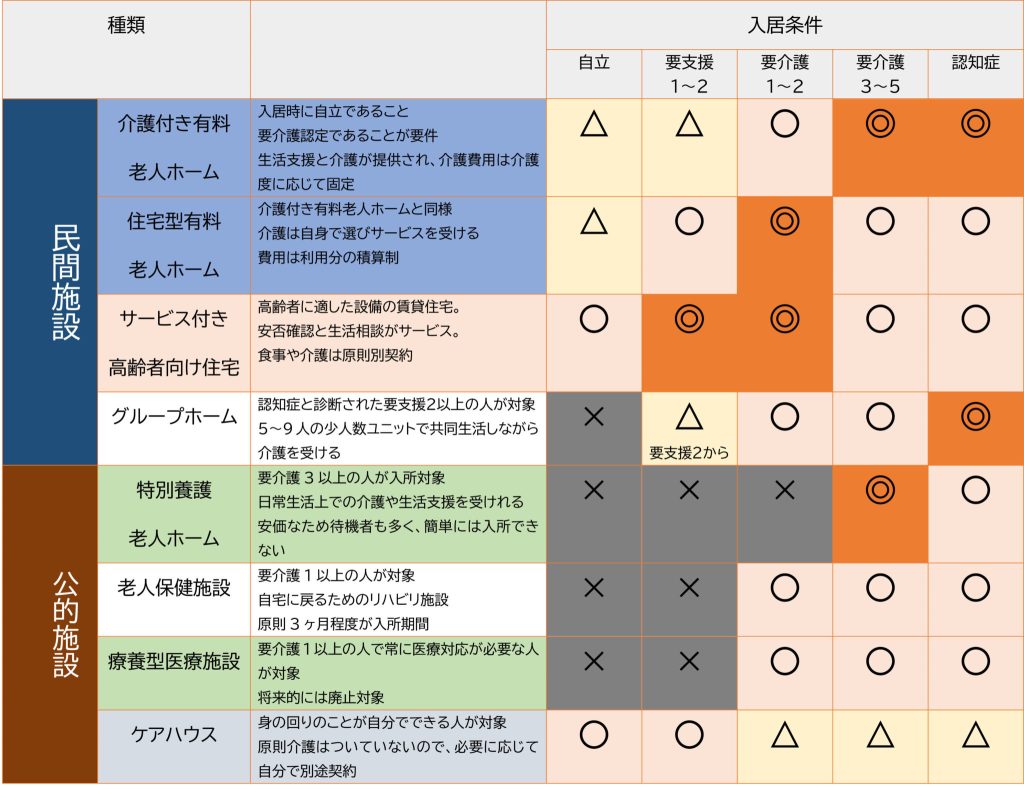It’s been a turbulent time

There have been a ton of strange incidents recently.
Uncharacteristically for Japan, there have been many orchestrated robberies by special fraud groups, and robberies of jewelry stores in broad daylight.
In the past the “It’s me” scam, only hurt those financially and potentially the pride of those who were scammed. But when it comes to robbery, not only money and goods but also lives are at risk.
The more PR we do to curb crime, such as by encouraging people to call out scammers at the convenience stores and ATMs at banks, the more violent the crimes become.
There are many factors, such as the poverty of young people, the environment in which they can easily connect with criminals through social networking services, and the weakening of their sense of guilt, but what can we do to prevent crime?
Even if we say “protect yourself,” it is not enough to fight against a group of people who push their way into your home.
Especially in households where only the elderly live, it is necessary to be careful because a poor countermeasure can lead to the danger of death.
In these times, even the fact that an elderly couple is living alone in a large detached house is a cause for concern.
The other day, when we visited a client’s home to request an appraisal of a sale, the phone rang.
It was a landline.
“Hello?”
・・・・”
It was a silent call.
We were concerned,
“Is this a silent call?”
Do you get calls like this from time to time?
They looked at each other,
They looked at each other and said, “We have been getting these kinds of calls lately.”
This may be to confirm that you are at home, so you have to be careful.
It could be a confirmation call from a criminal who is trying to enter your home when you are not home.
We suggested they take some precautionary measures, such as leaving the lights on even when you are not home, installing security cameras, and having lights that automatically turn on at entry points, and even then, not all crimes can be prevented.
In an age when living in a house is already at risk, it is important to choose the right home for retirement and onward.
Healthy Life Expectancy
According to the 2021 Simple Life Chart released by the Ministry of Health, Labour and Welfare, which shows average life expectancy and life expectancy for 2021,
The average life expectancy for males is 81.47 years and for females is 87.57 years.

In the past we may have lived til we are in our 80’s, but now we are approaching the age of 90’s or even living until we are 100 years old.
Within our lifespan, it would be nice if we could spend these 80 or 100 years in good health the entire time, but that is not possible.
There is data on how long a person lives in “poor health.”

The difference between average life expectancy and healthy life expectancy is 8.73 years for men and 12.07 years for women.
However, the definition of healthy life expectancy is very ambiguous; it is defined as “the period of time during which a person is free from restrictions in daily living or living in a healthy state.
However, it might be better to read the last 8 to 12 years as the period during which care is needed.
Using this data, men can live a healthy and normal life until around age 70, and women until around age 75. This seems to have been the case in many cases.
If you have a family member at home who can take care of you on a daily basis, or if you have a family member living with you who will notice if you suddenly fall ill, it may be reasonable to continue to live where you are since there seems to be no financial waste. But what about the other cases?
The advantages of living in a detached house alone don’t exist other than financial advantages.
What about an elderly couple living together?
Of course, the cost of moving into a facility for two people is can be unreasonable, hence it is understandable to think that they should stay at home.
But, as mentioned above, the world has become a very dangerous place. You may feel uneasy when you think about your parents living alone?
As soon as you talk about “nursing homes”, I’m not old enough!” or “I’m not that old yet, I can still take care of myself!
It is easy to imagine that they would say, but why is that?
The perception of a nursing home is that it is a facility only for old people who are too old to do anything on their own.
Many people think that way, so they think, “I can still move around, I am healthy, I want to keep eating good food, and I want to go out for fun.
For those who think so, choosing this option is because they believe that when they have fulfilled their own healthy life expectancy, they will be able to do so.
For those who are still somewhat healthy and able to move around, tend to go to Sakkojyu (serviced housing for the elderly), and beyond that to nursing homes and homes for the elderly.
There are Individual Differences even among Elderly People
Even among the elderly, there are great individual differences in the way they age.

We don’t see people walking around with broken backs and canes at the age of 60, as we used to see in the past. We see many active seniors in their 70s who are still climbing mountains or playing golf in their 80s. These people are called active seniors, they are healthy, have a job, and have a continuous income.
The period when they have finished raising their children and have relatively high disposable income (amount of take-home pay) is also called the active senior period. This is followed by a period when there is no need for nursing care yet, but the gap between what they want to do and what they can do becomes broader as their physical and mental health declines.
This is the time when many people start thinking about entering a nursing home, long-term care, and inheritance.These are people who have retired from work and whose main income comes from pensions and dividends.
These people can be said to be the reverse of those who need nursing care.
Then comes the time when, due to physical disabilities, they need help from family members, helpers, or medical personnel in their daily lives. This is the period when they need nursing care.
In the past, many people may have started thinking about their retirement home or final residence only after they had reached the stage when they needed nursing care. Those who choose to continue living in their homes will need to pay for renovations to make their homes barrier-free.
Although government grants and subsidies may be available, you will need to come up with a large amount of money to pay for the renovations. This will of course depend on the lay out and floor plan of your home.
In many cases, the property is sold when the owner no longer lives there, but even if a large amount of money is spent on barrier-free construction, the cost will not often be added to the sales price. This is because it is not always the elderly who purchase the property.
It is hard to imagine such a pattern, where people who need nursing care buy homes. In other words, the cost of the renovation work is the cost necessary only for the period of one’s own care. It is undeniable that you would like to spend your last days in your home, which you have lived in for many years and are very attached to.
However, it is important to know that there is an option to relocate to a new home with a good nursing care environment rather than spending a large amounts of money at a nursing home.
Types of Nursing Homes
There are many different types of “nursing homes.”
What kind of facility is right for you?
This is a question that not only the person entering a nursing home but also the family members of the person entering the home may have trouble deciphering.
Here is a list of “nursing homes” with their features.

There are so many different types, but there are two main types of nursing homes:
Private facilities and Public facilities.
In private facilities, the monthly fees vary greatly from facility to facility, as each facility sets its own fees for rent, meals, etc. Some facilities are more upscale, while others are less expensive.
Some facilities are more upscale, while others have lower occupancy costs.
They can accommodate a wide range of residents, from those who are independent to those who require nursing care, allowing them to choose a facility which meets their individual needs and financial situations.
There are four main types of private facilities:
- Nursing Homes for the Elderly with Nursing Care
- Residential fee-based Nursing Homes
- Serviced Senior Citizens Housing (Sa-ko-jyu)
- Group Homes
In many cases, fee-based nursing homes and group homes require an upfront payment when moving in. Public facilities are under the jurisdiction of government agencies, and their monthly fees are lower than those of private facilities. In addition, priority is given to those who have difficulty receiving care at home, such as those who require a higher level of nursing care and those in low-income brackets.
Public facilities include special nursing homes for the elderly, geriatric health care facilities, long-term medical care hospitals, and care houses (long-term care types).
Summary
We have recently seen an increase in the number of cases involving the sale of homes of elderly people, and although we used to receive many requests after they entered a facility, we are also receiving an increasing number of consultations at the preliminary stage.
We have been working with the idea of helping them sell their homes, which they had used with great care, to the right person and under the best possible conditions, but we rarely heard about them after they had moved out.
However, we realized once again for these people, whether the living environment at the new location is comfortable or not is more important than the sale of their homes.
We wondered if we could not only help them sell their homes that they had been using with great care, but also introduce them to a new place where they could spend the rest of their lives comfortably.
With this in mind, we have formed relationships with nursing care providers and others.
We are planning to gradually increase the number of facilities we can introduce to you, and we would like to update you with more information about them in the future.
Please look forward to Vol. 2.

For additional information or any questions please contact us here
Email: info@remax-apex.com

